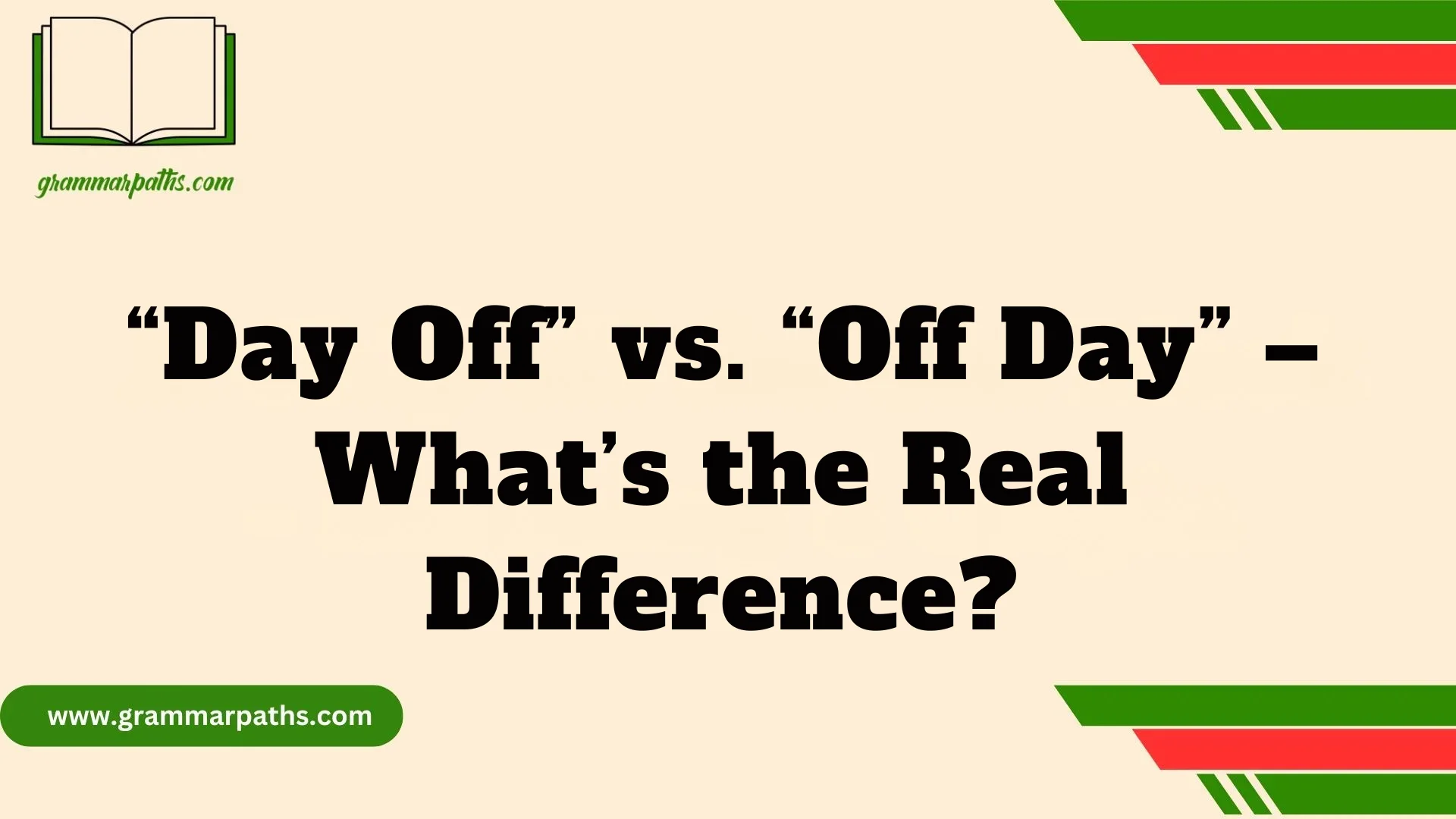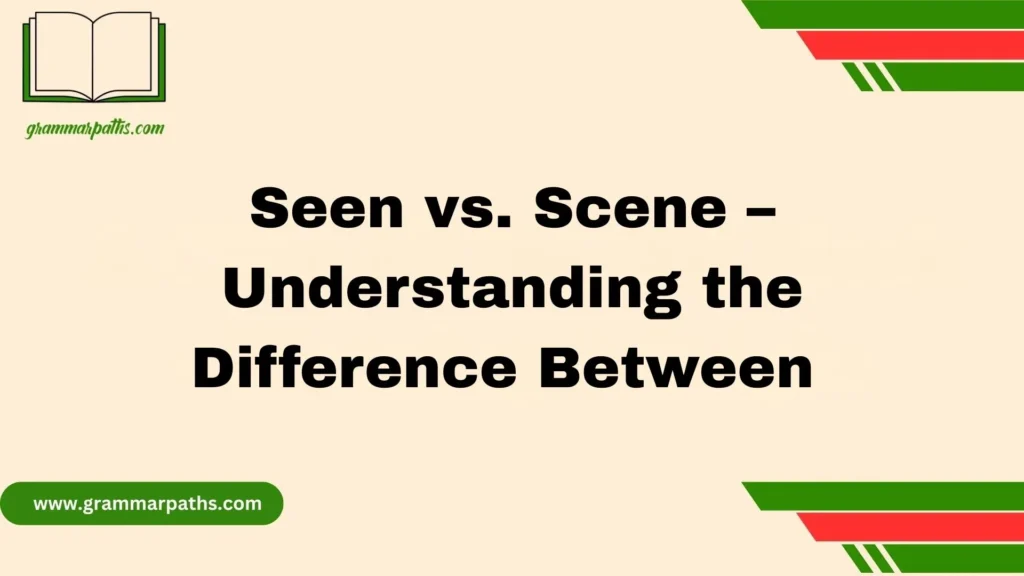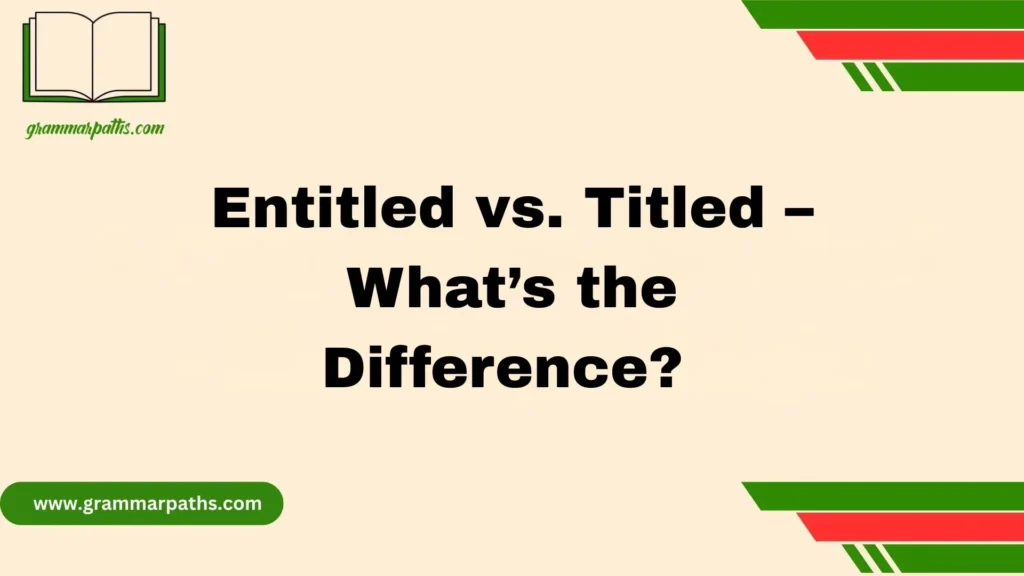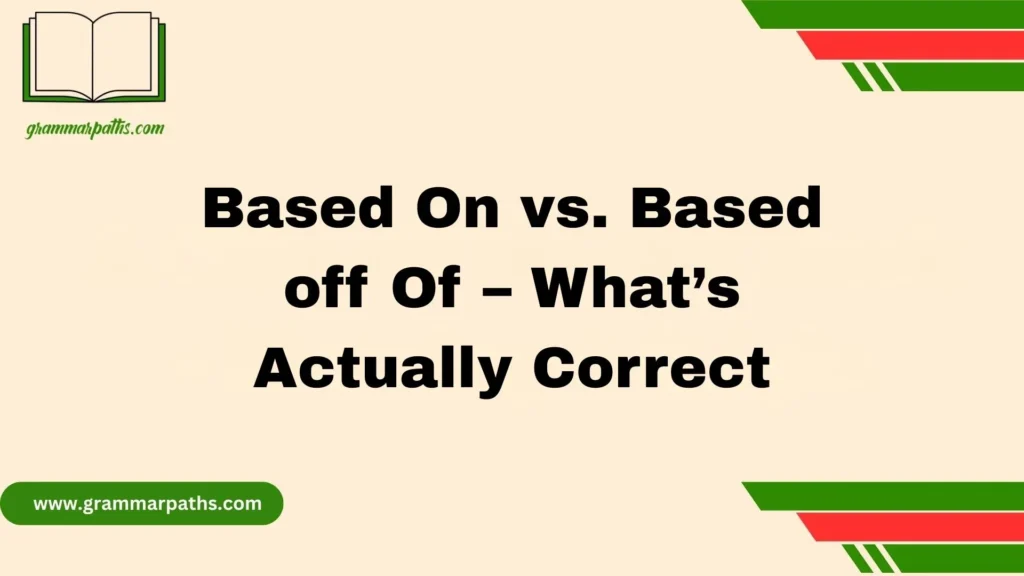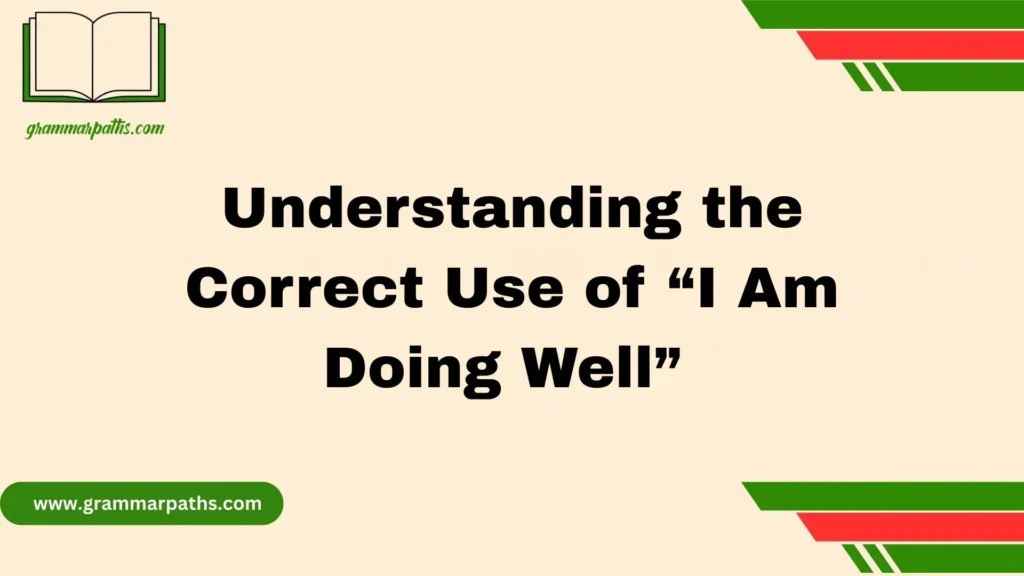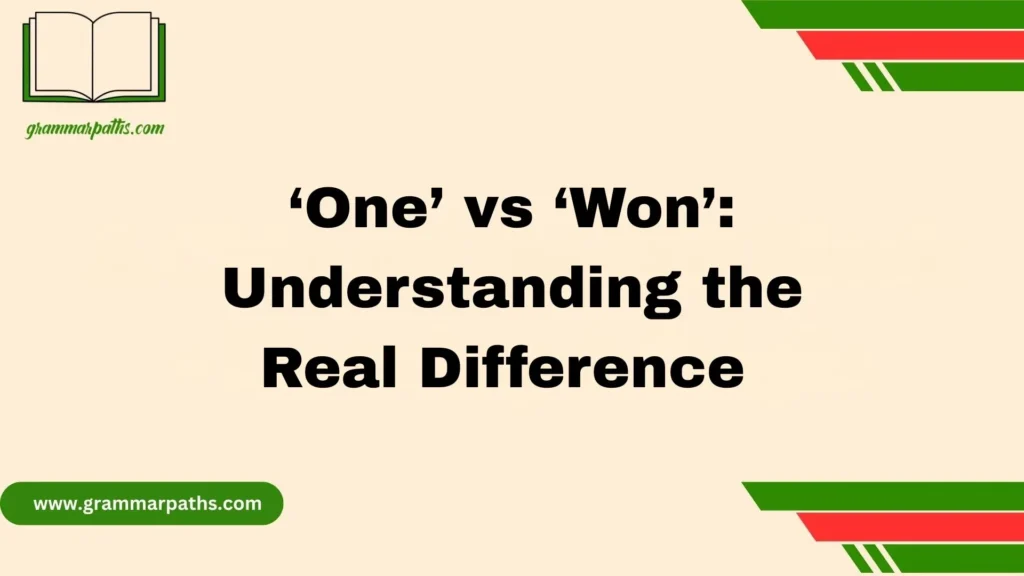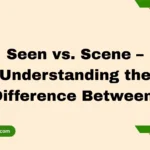Have you ever said you’re taking a day off and someone replied, “Yeah, I’m having an off day too”? While these two phrases sound similar, they actually mean very different things in English. Understanding the difference between day off and off day can help you avoid confusion—especially in the workplace or when expressing how you’re feeling. Whether you’re talking about needing a break or explaining a rough patch, using the right phrase matters.
A day off usually refers to time away from work or responsibilities—something planned, like a scheduled day off or vacation. On the other hand, an off day typically describes a time when things just aren’t going well, mentally or physically. You might say, “I’m having an off day” if your energy is low, you’re feeling off, or your performance is poor—especially in sports or work. In that case, you’re not relaxing; you’re struggling. So when someone says they’re taking a day off from work, it’s not the same as saying they’re having an off day at work.
These phrases also differ in tone, context, and emotion. A day off feels positive, even exciting—it’s about taking a break, recharging, or simply enjoying free time. An off day, however, carries a more negative vibe, often linked to stress, feeling off today, or not performing well. This distinction is subtle but important in both formal and informal English usage. So next time you hear these phrases, you’ll know whether someone’s kicking back or just having a tough time.
Why “Day Off” and “Off Day” Confuse So Many People
English is full of phrases that look alike but have different meanings. This creates a puzzle for learners and native speakers alike. When someone says, “I’m taking a day off,” it sounds positive and planned. Meanwhile, “I’m having an off day” suggests something didn’t go well or someone feels off mentally or physically.
These small shifts influence how listeners perceive your message. For example, a manager hearing “day off” understands you’re taking a break. But if you say “off day,” they might assume you’re struggling or having a bad moment.
What Does “Day Off” Really Mean?
A “day off” refers to a specific day when someone is not working or fulfilling their regular duties. It often involves planned time away from responsibilities like a job, school, or chores. People use it to rest, attend personal matters, or enjoy leisure activities.
Key Characteristics of “Day Off”
- Planned and intentional: Usually scheduled or approved in advance
- Positive or neutral tone: Signals a break or rest period
- Formal and informal use: Applies in workplaces, schools, and daily life
- Common contexts: Paid leave, sick days, holidays, vacations
Examples of “Day Off” in Use
- “I’m taking a day off on Friday to visit my family.”
- “She requested a day off for her medical appointment.”
- “We get two days off every weekend.”
What Does “Off Day” Actually Mean?
An “off day” describes a day when someone performs worse than usual or feels emotionally or physically out of sorts. This phrase carries a slightly negative tone, emphasizing temporary underperformance, fatigue, or bad luck.
Key Characteristics of “Off Day”
- Usually unplanned and temporary
- Negative or neutral tone: Implies subpar results or mood
- Common in sports, work, or casual speech
- Expresses feelings rather than planned absence
Examples of “Off Day” in Use
- “The player had an off day and missed every shot.”
- “I’m just having an off day—nothing seems to go right.”
- “Everyone has an off day now and then.”
Core Differences Between “Day Off” and “Off Day”
Understanding the main distinctions helps you avoid mistakes. The table below summarizes the key differences:
| Feature | Day Off | Off Day |
| Type of phrase | Noun phrase | Idiomatic phrase |
| Connotation | Positive or neutral | Negative or neutral |
| Context | Leave from work, break, vacation | Poor performance or bad mood |
| Usage | Formal and informal settings | Mostly informal, casual |
| Examples | “I’m taking a day off tomorrow.” | “I’m having an off day today.” |
| Duration | Whole day | Usually refers to mood/performance for that day |
| Emotional tone | Rest, relaxation | Frustration, disappointment |
Memory Tricks to Tell “Day Off” and “Off Day” Apart
You can easily mix these up, but a few quick tricks will make remembering easier:
- Day Off = “Day Away” from work or duties. It’s your time off, scheduled or spontaneous.
- Off Day = Something feels “Off” — your energy, mood, or performance isn’t right.
Try This Mini Quiz
Which phrase fits?
- “I need a ____ to recover after the trip.”
- “Today was an ____ ; I couldn’t focus at all.”
Answers:
- day off
- off day
Common Contexts & Collocations for “Day Off”
“Day off” frequently appears in discussions about work, scheduling, and rest. It carries a formal tone in many cases, especially when dealing with employers or official leave.
Common Uses
- Work-related: “take a day off,” “request a day off,” “paid day off”
- School or academic breaks: “school day off,” “holiday day off”
- Legal or company policies: “annual day off,” “sick day off”
Example Phrases
- “Employees get a paid day off for national holidays.”
- “You should use your vacation days off wisely.”
- “I called in to request a day off due to illness.”
Common Contexts & Collocations for “Off Day”
“Off day” is mostly used when describing performance dips or low moods, often in informal conversations or sports commentary.
Common Uses
- Sports: “The team had an off day,” “athlete’s off day”
- Work performance: “I’m having an off day at the office.”
- Emotional states: “She’s been feeling off all day.”
Example Phrases
- “Don’t worry about the mistake; everyone has an off day.”
- “It was clearly an off day for the sales team.”
- “I’m just having an off day, nothing personal.”
When to Use Which: Simple Usage Guide
Here’s a quick decision flow to help you choose:
- Are you talking about taking a break or not working? Use day off.
- Are you describing a bad mood or poor performance? Use off day.
Red-flag mistakes to avoid
- Saying “I’m having a day off” to mean you’re feeling down
- Saying “I’m taking an off day” to mean you’re on vacation
Mistakes to Avoid When Using These Phrases
Many people misuse these phrases, leading to awkward or confusing statements.
Common Errors
- Using off day when you mean day off:
❌ “I’m having an off day tomorrow.” (wrong)
✅ “I’m taking a day off tomorrow.” (correct) - Using day off to describe mood or performance:
❌ “I had a great day off at work.” (incorrect meaning)
✅ “I had a great day at work.” (correct)
Real-life examples from social media
- Tweet: “Finally a day off to relax!” ✔️
- Comment: “Ugh, off day today. Can’t get anything right.” ✔️
- Post: “Taking an off day to chill.” ❌ (should be “day off”)
Synonyms & Alternatives: What Else Can You Say?
If you want to vary your language or sound more natural, here are some alternatives:
For “Day Off”
- Leave day
- Vacation day
- Paid time off (PTO)
- Holiday
- Break day
For “Off Day”
- Slump
- Bad day
- Down day
- Rough day
- Low-energy day
Using these can also add nuance depending on the context.
Real-Life Usage Examples From Media & Conversation
Seeing these phrases in real contexts shows how natural they sound.
- Sports commentary:
“The quarterback clearly had an off day, throwing two interceptions.” — ESPN - Movie dialogue:
“I’m taking a day off tomorrow. Need to clear my head.” — The Office (US) - News article:
“Workers are entitled to at least 12 days off per year under the new law.”
Summary Table: Full Comparison Recap
| Category | Day Off | Off Day |
| Meaning | Time away from work or duty | Temporary poor mood or performance |
| Tone | Positive, relaxed | Negative, frustrated |
| Context | Work schedules, official leave | Informal, sports, emotions |
| Usage | Formal and informal | Mostly informal |
| Duration | Full day | Varies during the day |
| Example Phrase | “I’m taking a day off Friday.” | “I’m just having an off day.” |
Frequently Asked Questions (FAQs)
What is the difference between off day and day off?
A “day off” refers to a scheduled break from work or duties, while an “off day” means a day when someone isn’t performing at their usual level. One is planned, the other is about mood or performance.
What does it mean when someone has an off day?
When someone has an off day, they are not functioning at their best, either physically, mentally, or emotionally. It’s usually temporary and affects performance or mood.
How do you use day off in a sentence?
“I’m taking a day off tomorrow to relax and spend time with my family.”
It means you’re not working or doing your regular duties that day.
What is the meaning of an off day?
An off day is when a person feels ‘off’ or underperforms compared to their usual self. It can be caused by fatigue, stress, or distractions.
What is the concept of day off?
The concept of a day off is to allow rest, recharge, or attend to personal matters. It is a pre-arranged break from work, school, or obligations.
Final Thoughts: Mastering Subtle Language Nuances
The tiny differences between “day off” and “off day” prove how rich and precise English can be. Knowing when to use each phrase helps you express yourself clearly, avoid confusion, and sound natural.
Next time you want to tell someone about taking a break, say “day off.” When you’re having trouble performing or feeling out of sorts, “off day” fits perfectly.
Try writing your own sentences with both phrases to practice and internalize these subtle but powerful distinctions.

Mia Rose is the passionate writer and founder of GrammarPaths.com, a resource dedicated to helping learners master English grammar, idioms, and writing skills with ease. With a deep love for language and years of experience in teaching and content creation, Mia simplifies complex grammar rules into clear, practical guides that readers can instantly apply.
